How to know if you have an Uber idea.
“I’ve got it – the next Uber!” you say to your friends and adoring mother, “this idea is going to be huge!”
But it’s not. Sorry to break it to you, but anyone and everyone can have (and does have) ideas. There are terrible ideas, common ideas, innovative ideas, small ideas, big ideas and great ideas.
Some ideas are better than others, I’ll give you that. Some ideas even have the potential to be amazing, impactful, and maybe even the next Uber. But even a great idea will fail if the person or team behind it cannot execute it, just as the best teams in the world cannot make a terrible idea work.
Getting the project started is a common challenge many ‘ideas people’ face. If you’re at this point in your enterprise journey, check out this blog post on how to bring your idea to life.
So how do you know if you have a terrible idea? Share it with others and find out what they think! And DON’T be afraid that they might steal it. The reality is that many people will get excited about your idea, but very few of them would actually be willing to do all the work it would take to pull it off. And if you are lucky enough to find someone equally willing to follow it through, sign them up! You’re going to need a team and lots of support, so see them as your brother in arms rather than the enemy.
If you make it this far you’ve already moved beyond the 1% inspiration and begun putting in the 99% perspiration needed to create the next BIG thing.
Next, determine whether you have a common idea. Do some background research: Google is your friend. Search for companies who may be already doing your idea. If they exist, don’t quit just yet. Consider Uber, there were already longstanding, well established companies offering to transport you short distances for low(ish) fares. But Uber does it better (as their fast growing customer base indicates).
Take some time to break down and analyse in detail what other companies are offering, what they are doing well, what they are failing to do, who their customers are and whether their needs are being met. All of this research will help you to build a comprehensive S.W.O.T. (strengths, weaknesses, opportunities & threats) analysis of your competitors and the market.
This process can be incredibly enlightening. As new facts, gaps and problems come to light, allow your idea to grow and morph into something that will really meet the needs of people in a way that no other business does. Don’t be put off if your original idea changes drastically over time. This is a natural and essential process that occurs in all successful businesses, and one you will have to embrace if you want to build a long-lasting business.
There are thousands of startups vying for investment and customers, so you need to show every person that you meet that your idea is better: more well researched, has a stronger team, will make more sales and will have a greater impact. Creating a business from scratch is hard, and the failure rate is high. So you need to get smart about how to make your business, organisation or project the best that it can be.
Maybe I was a little harsh saying your idea isn’t going to be huge, because I truly respect great, impactful ideas. But when it comes to creating a successful, sustainable enterprise – Execution is the key.
If you need help executing your idea, contact the ONE10 Team to arrange for one of our consultants provide you with some expert advice.











